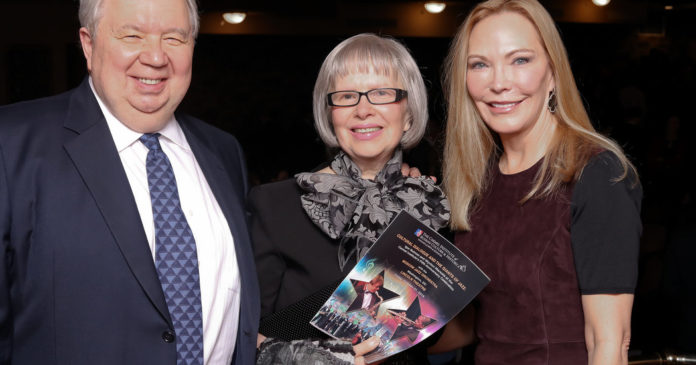Michael S. Roth, the president of Wesleyan University, who has published a book about free speech on college campuses, said students are able to sort through a one-sided presentation as long as a university places it in context and presents alternative viewpoints.
“If this is part of an intellectually diverse approach to Russian culture, then it’s helpful,” said Mr. Roth, who was not aware of the Carmel program, “but if it is not, if it is the most dominant note about Russian culture at the university, then that’s a problem.”
University officials say the broader academic curriculum — the courses it offers, the speakers it hosts, the teachers it hires — presents a straightforward view of Russia, one that does not avoid negative impressions. Events and lectures elsewhere on campus, they said, had addressed topics like “the use of bots, trolls, fake news; the manipulation of the political process; and the role of foreign governments in the 2016 election and beyond.” They cited, for example, a 2018 graduate course on disinformation that discussed Russian election interference and “the evolving use of propaganda” by “international terrorist organizations and nation-states.” The university also provided an article written by Professor Lohr that discussed Russia’s history of interventions in foreign elections.
The founder of the Institute, Ms. Carmel, a 67-year-old philanthropist who runs a commercial real estate firm, describes her cultural mission as one of bridge-building.
She declined to be interviewed but she addressed questions in writing, taking issue with critics who describe the program as biased.
“The Institute is neither a think tank, policy institute, nor a political science course,” she wrote. “As such, most — if not all — of the films screened have dealt with Russian history from the Czarist era through the Soviet era, predating President Putin and the more current political issues.”
Source : Nytimes










